Chemical Philosophy: Paracelsian Science and Medicine in the Sixteenth and Seventeenth Centuries
This rich record of the major interests of Paracelsus and other 16th-century chemical philosophers covers chemistry and nature in the Renaissance, Paracelsian debates, theories of Fludd, Helmontian restatement of chemical philosophy, and other fascinating aspects of the era. Well researched, compellingly related study. 36 black-and-white illustrations.
Search in google:
This rich record of the major interests of Paracelsus and other 16th-century chemical philosophers covers chemistry and nature in the Renaissance, Paracelsian debates, theories of Fludd, Helmontian restatement of chemical philosophy, and other fascinating aspects of the era. Well researched, compellingly related study. 36 black-and-white illustrations. Booknews Debus had written several book before about Paracelsus (1493-1841), his followers, and the impact of his writing and philosophy on science and medicine over the following centuries. For his 1977 study, published by Science History Publications, he draws on those and other sources to provide a view of what their system looked like to them, rather than to later scholars. Here he adds a new preface and a list of errata. Annotation c. Book News, Inc., Portland, OR
Volume IList of PlatesviiPreface to Dover EditionixPrefacexxi1Chemistry and Nature in the Renaissance1The Chemical Heritage: Alchemy in Antiquity3Islamic Alchemy7The Latin Alchemy of the West11Medieval Medical Chemistry: The Analysis of Spa Waters14The Chemically Prepared Medicines19Renaissance Factors: The Educational Problem25The Hermetic Revival and the Study of Nature30Magic, Mathematics, and Nature35Paracelsus: The Man45The Paracelsian System51Conclusion602The Chemical Philosophy63The Paracelsian Universe66Paracelsian "Mathematics,"73Chemistry and the New Science76Chemical Theory and the Elements78Chemistry and the Geocosm84The Microcosm and Medical Theory96The Chemical Analysis of Spa Waters109The New Medicines112The Basilica chymica of Oswald Crollius (1609)117Conclusion1243The Paracelsian Debates127Synthesis and Reaction: The Work of Severinus (1571) and Erastus (1572-1574)128The Search for Common Ground: Albertus Wimpenaeus (1569) and Guinter von Andernach (1571)135French Paracelsism in the Late Sixteenth Century145The Paris Confrontation (1603)159The English Solution173The College of Physicians and the Pharmacopoeia (1618)182The Agreement and Disagreement of Daniel Sennert (1619)191Conclusion2004The Synthesis of Robert Fludd205Robert Fludd and the Rosicrucian Problem (1617)206The Fluddean Philosophy224The Initial Reaction in England (1618-1623)253Fludd and Kepler (1619-1623)256Fludd and the French Mechanists (1623-1633)260Fludd and the Weapon-Salve Controversy (1631-1638)279Conclusion290Volume II5The Broken Chain: the Helmontian Restatement of the Chemical Philosophy295Van Helmont: The Early Years297The Tract on the Weapon-Salve (1621)303The Letters to Mersenne (1630-1631)306Van Helmont's Final Years (1631-1644)310The Helmontian Philosophy of Nature: Mathematics and Motion311The Elements and the Principles317Chemistry as the Key to Nature322Quantification: A New Chemical Tool327The Vacuum and the Magnal329A Model for the Geocosm334The Mineral Kingdom339The Chemical Geocosm of Edward Jorden (1631)344Helmontian Medicine: The Divine Office of the Physician357The Theory of Disease359Tartaric Disease362Chemical Inquiries: The Search for the Vital Spirit365A New Concept of Digestion368The Chemical Remedies371A Challenge for the Future3766The Chemical Philosophy in Transition: Nature, Education, and State381Educational Reform: Background382John Webster and the Academiarum examen (1654)393The Vindiciae academiarum of John Wilkins and Seth Ward (1654)400Thomas Hall's Whip for Webster (1654)406Chemistry and the State: The Agricultural Problem410Agricultural Chemistry in Seventeenth-Century England420Chemistry and Economic Policy: Johann Rudolph Glauber425The Prosperity of Germany (1656-1661)434Conclusion4417The Chemical Philosophy in Transition: Toward a New Chemistry and Medicine447Chemistry in Mid-Century: Lefevre (1660) and Rhumelius (1648)448Geocosmic Considerations: F. M. van Helmont (1685) and John Webster (1671)455J. J. Becher's Physica subterranea (1669)458G. E. Stahl and Chemical Tradition463The Chemical Corpuscularians: Walter Charleton and the Chemical Philosophy469The "Helmontian" Robert Boyle473The Analysis Problem484The Nitro-Aerial Particles in Mid-Century492The Acid-Alkali Theory after van Helmont499Chemistry and Late-Seventeenth-Century Medicine: The Chemical Medicine of Noah Biggs (1651)502Chemistry and the London College of Physicians507Chemistry and the Blood512The Chemical Medicine of Willis and Sylvius519A Newtonian Postscript531Conclusion5368Postscript539The Chemical Philosophy in Retrospect540Acceptance and Rejection: The Question of Influence543Aftermath547Bibliography555Index597Errata607
\ From The CriticsDebus had written several book before about Paracelsus (1493-1841), his followers, and the impact of his writing and philosophy on science and medicine over the following centuries. For his 1977 study, published by Science History Publications, he draws on those and other sources to provide a view of what their system looked like to them, rather than to later scholars. Here he adds a new preface and a list of errata. Annotation c. Book News, Inc., Portland, OR\ \

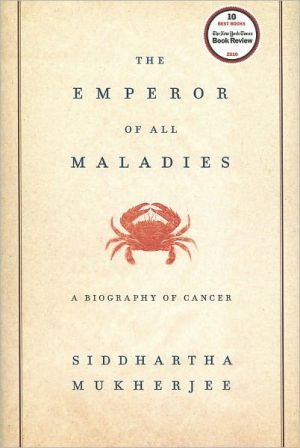
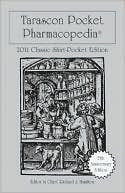
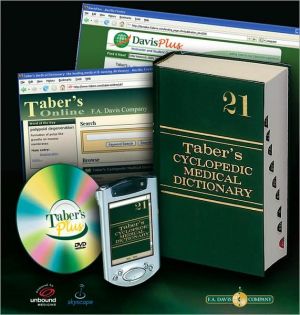
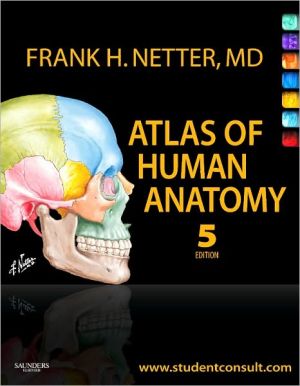
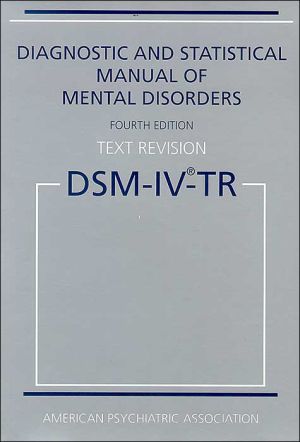
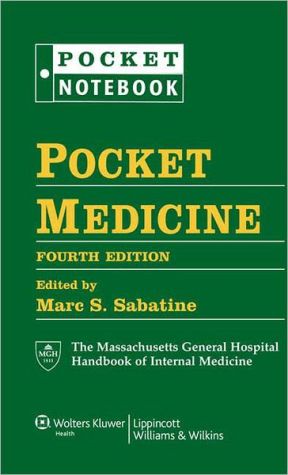
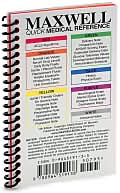
![Taber's Cyclopedic Medical Dictionary [With DVD] Taber's Cyclopedic Medical Dictionary [With DVD]](/application/data/covers/56/01/9780803615601.jpg)